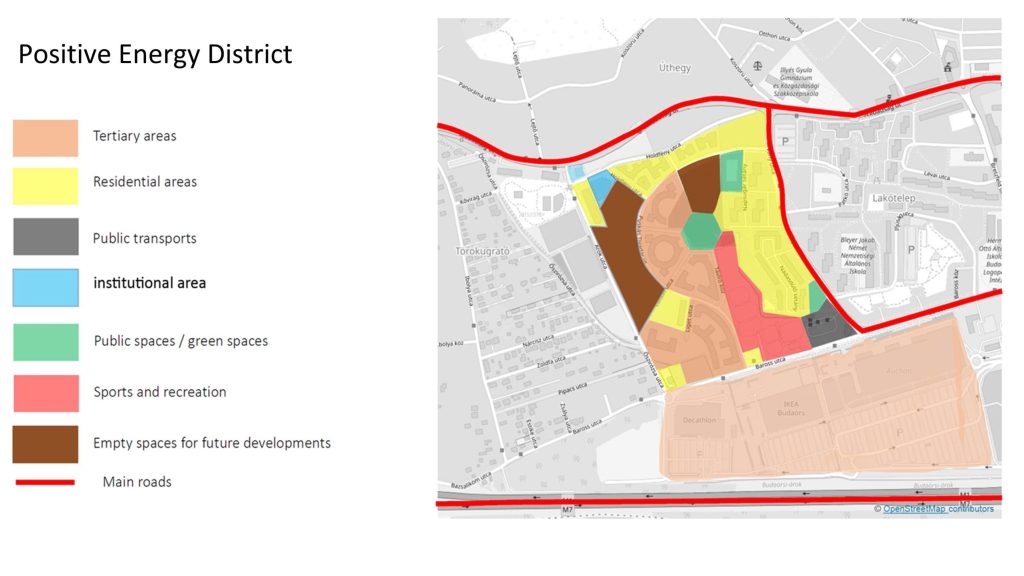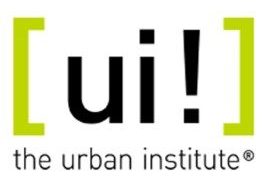Budaörs, Hungary
Unlocking the potential of Energy Communities.
Budaörs’ pilot site focuses on laying the groundwork for energy communities as a pathway toward climate neutrality. With ambitious goals—such as reducing CO₂ emissions by 40% by 2030 and achieving full climate neutrality by 2050—the city is taking practical steps to support the creation of Positive Energy Districts (PEDs).
The pilot aims to empower local residents through micro-communities, enabling them to actively participate in renewable energy generation, distribution, and use. This involves testing new cooperative models, examining the legal and regulatory framework, and initiating a broad-based awareness campaign. At its heart, the Budaörs pilot is about initiating a mindset shift, building capacity, and facilitating knowledge exchange across all levels of society, from citizens to lawmakers.
The local challenges:
The implementation of energy communities in Hungary is still in its early stages, and Budaörs is among the first cities aiming to integrate them into its local climate and energy strategies. However, several barriers must be addressed for this vision to become reality.
Among the key challenges are:
- Low public awareness of what energy communities are, and why participating in one can be beneficial.
- Regulatory obstacles that prevent the effective formation and operation of energy communities.
- Uncertainty among decision-makers and politicians, many of whom lack technical understanding of how energy communities function.
- Technical and economic hurdles, such as VAT regulations and the integration of decentralized systems into national energy infrastructure.
- Limited collaboration between key actors, including DSOs, regulators, and financial institutions.

Activities
Communication & Awareness Building
• Run local awareness campaigns and info sessions to build public understanding.
• Extract and share key lessons from the Community of Practice (CoP) for broader uptake.
• Promote the ethical and social value of community-based energy cooperation
Regulatory and Stakeholder Analysis
The pilot includes a thorough legal review and an analysis of how different stakeholders—from municipal authorities to energy providers—are positioned to support or hinder implementation.
• Map legal and regulatory barriers affecting energy communities.
• Analyze stakeholder roles and responsibilities in existing and future PED initiatives.
• Organize a thematic policy workshop to connect insights with legislative and policy discussions.
Knowledge Transfer & Strategic Reflection
• Reflective, learning-oriented approach, using insights from other NEEDS sites and international experiences to shape the local strategy.
• Participate in international legal and strategic dialogue throughout the project.
• Share learnings with other sites and integrate useful concepts into local planning.
• Produce replicable recommendations for other cities and energy communities.
Partners involved




